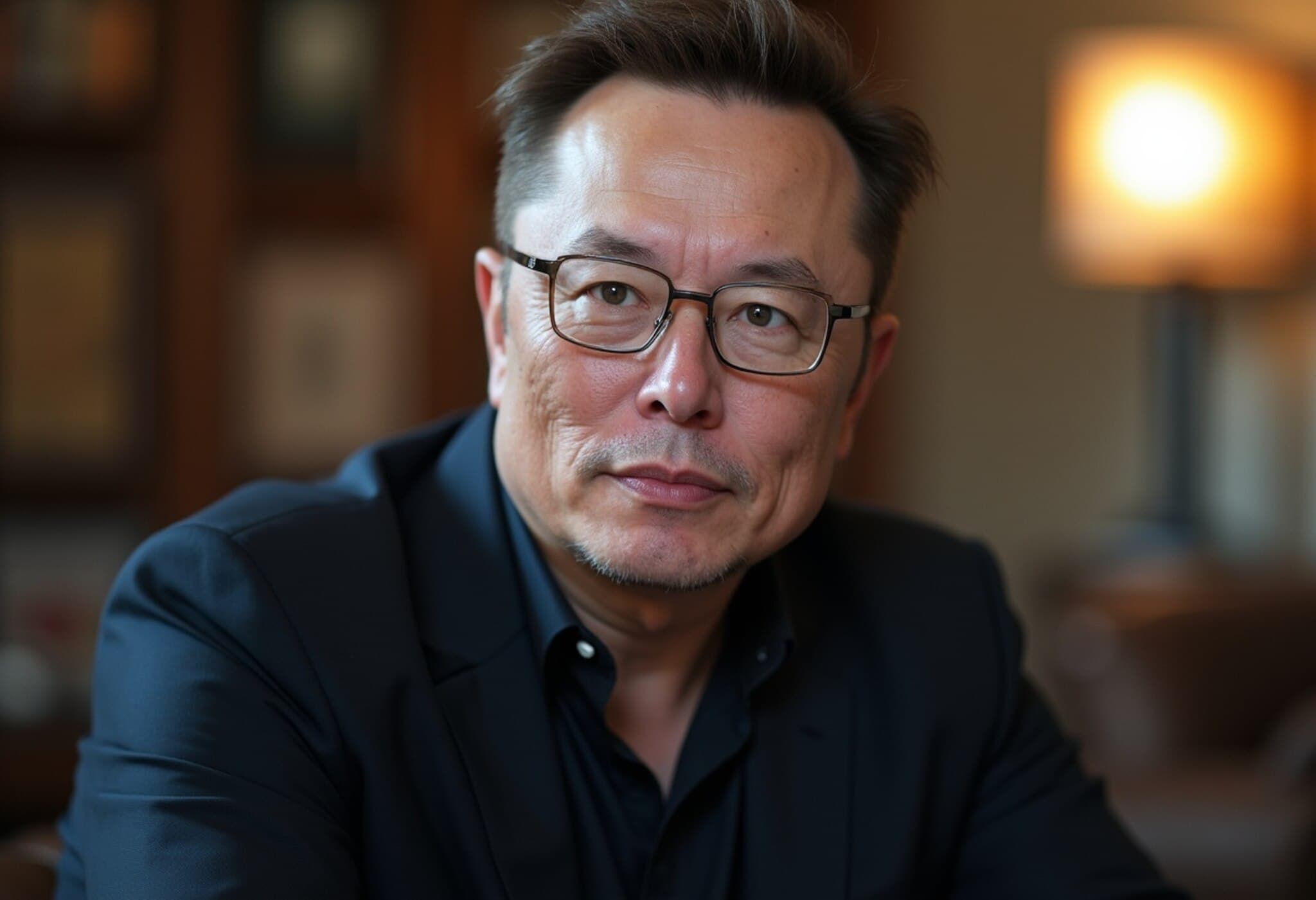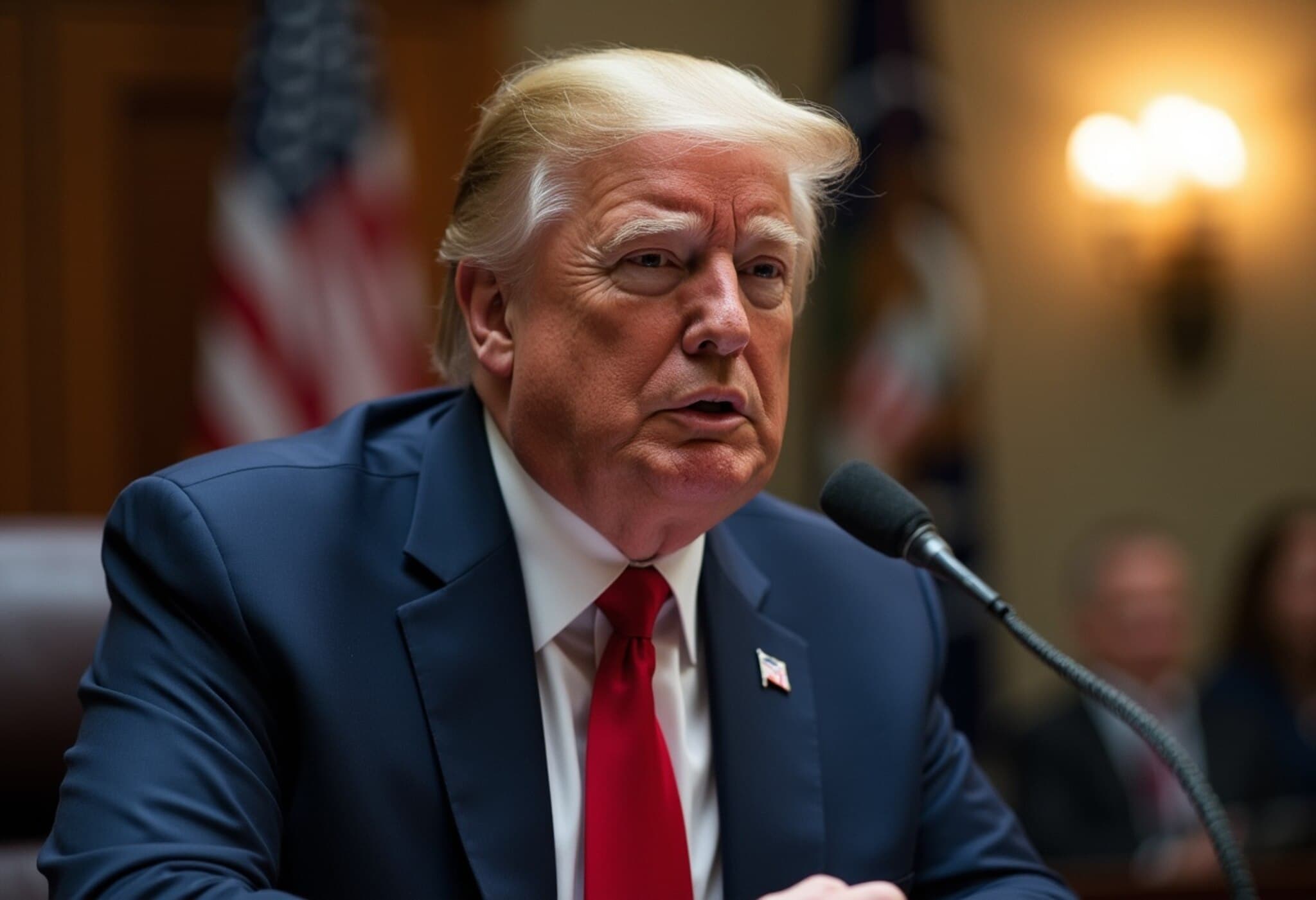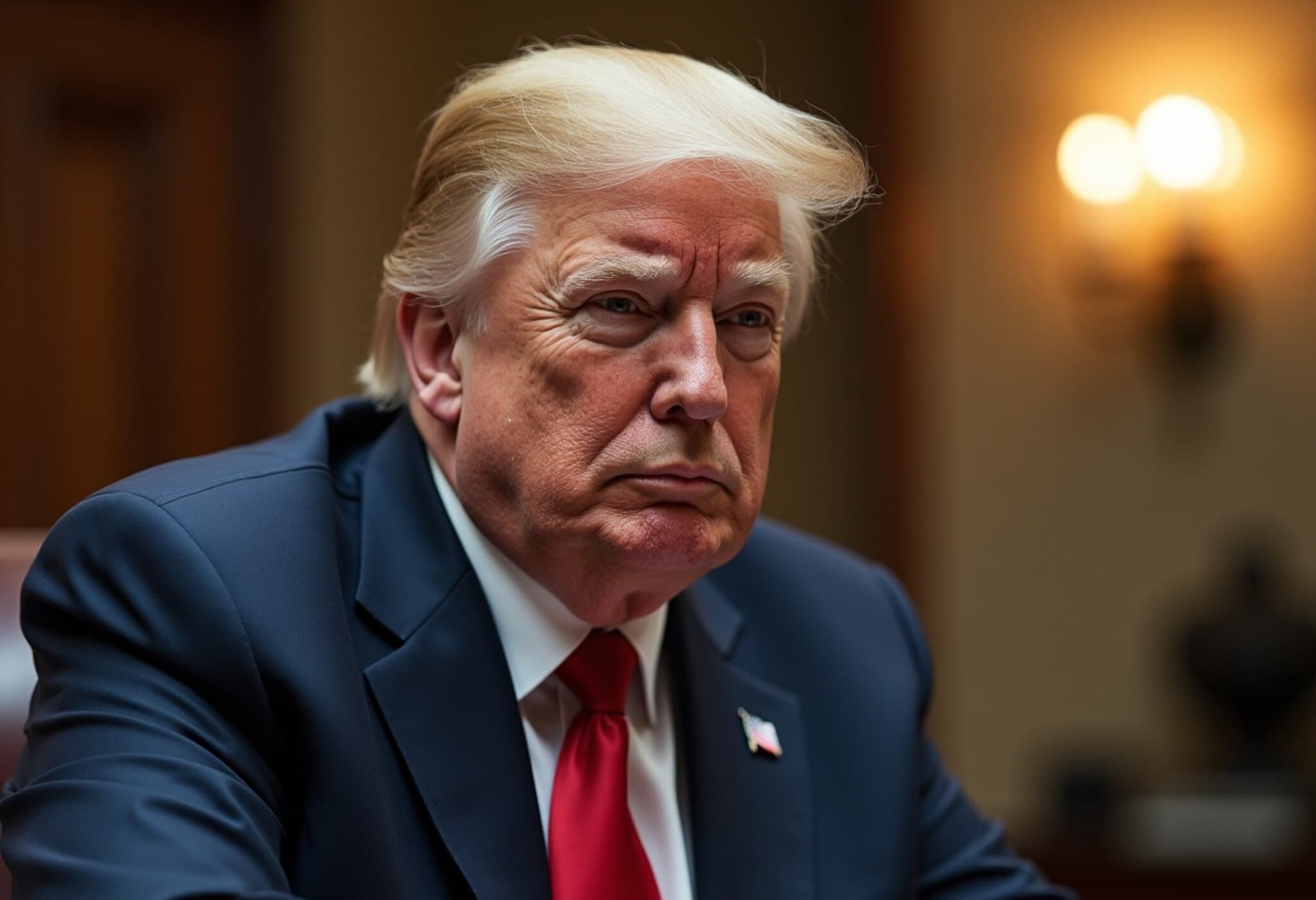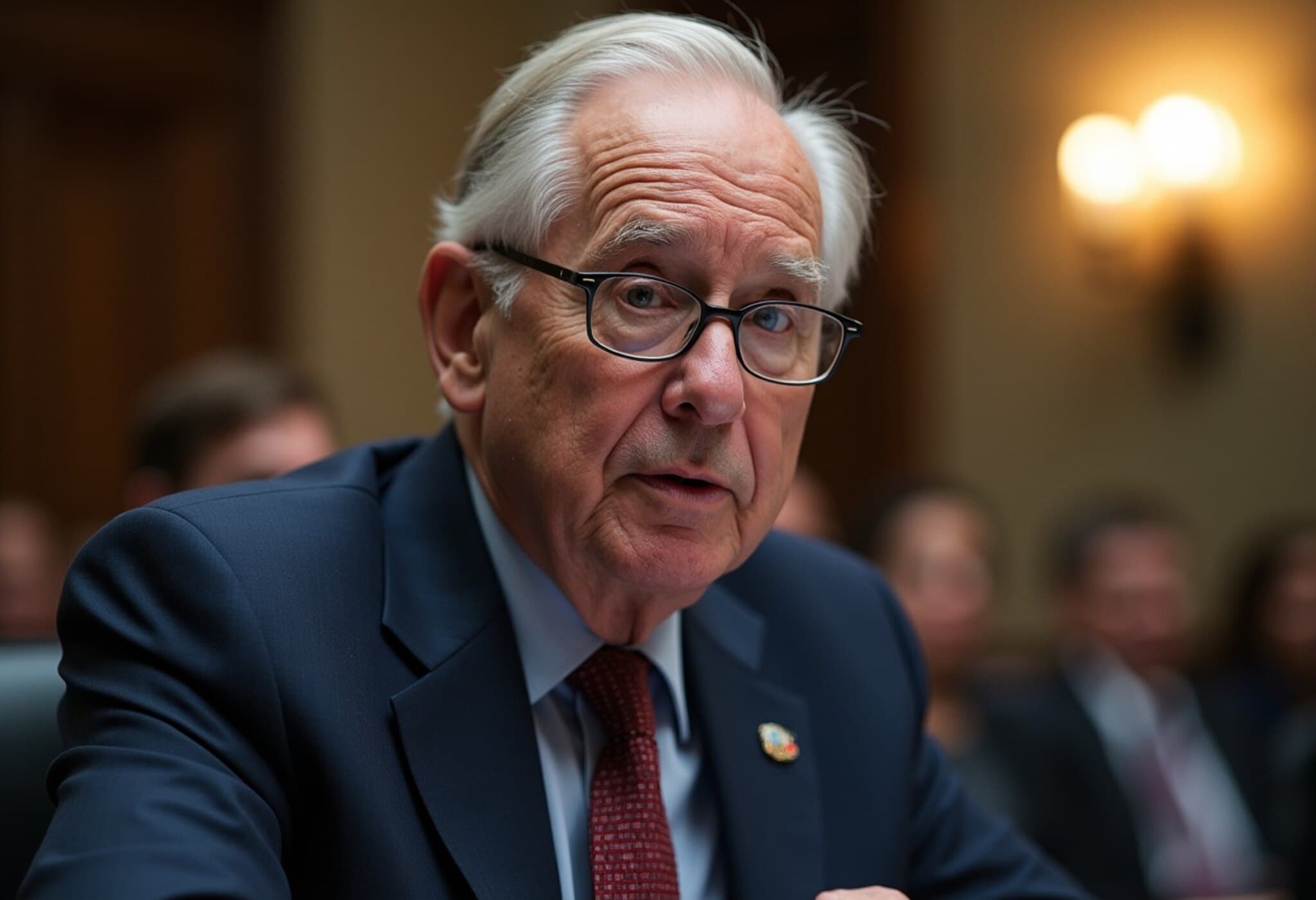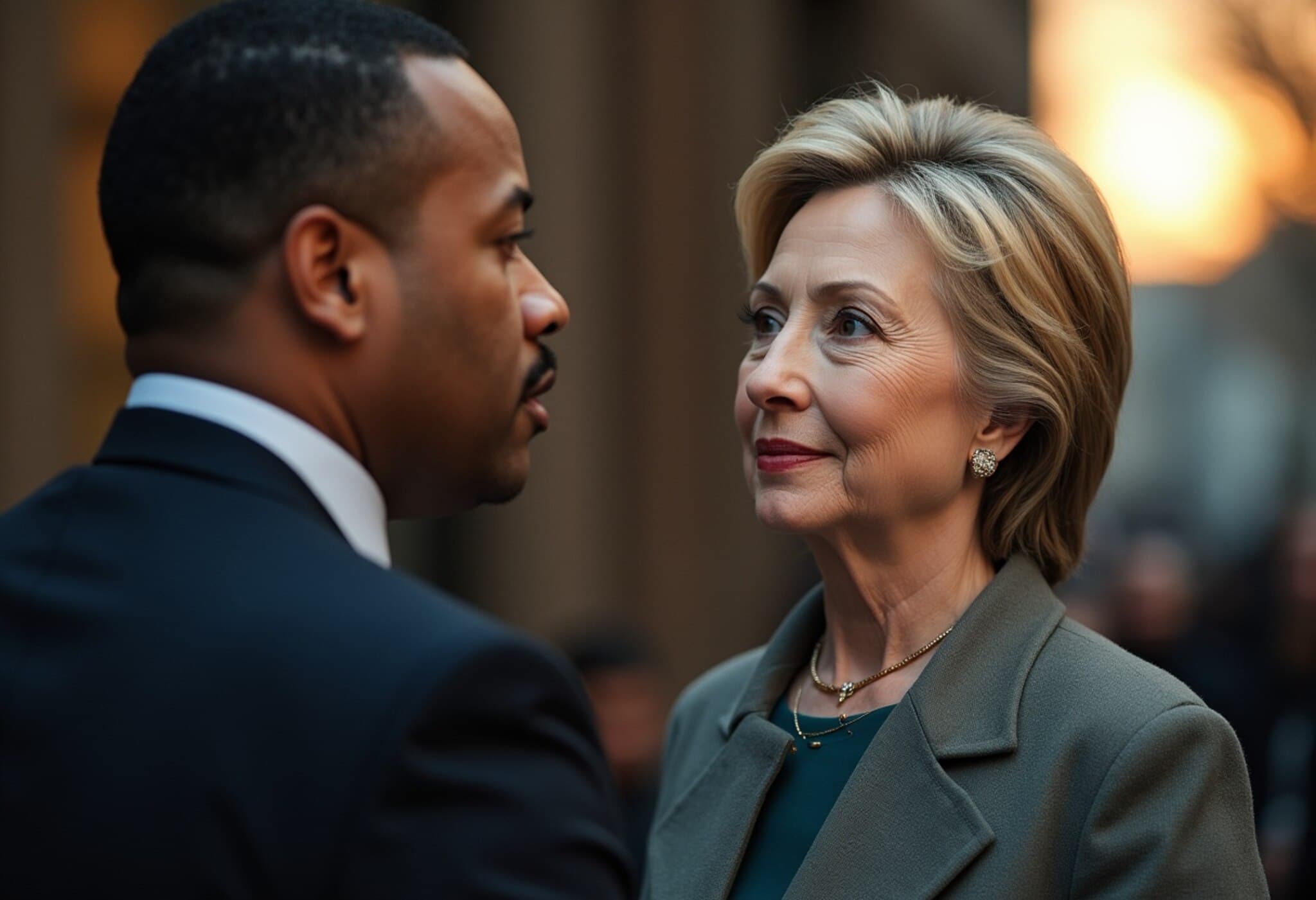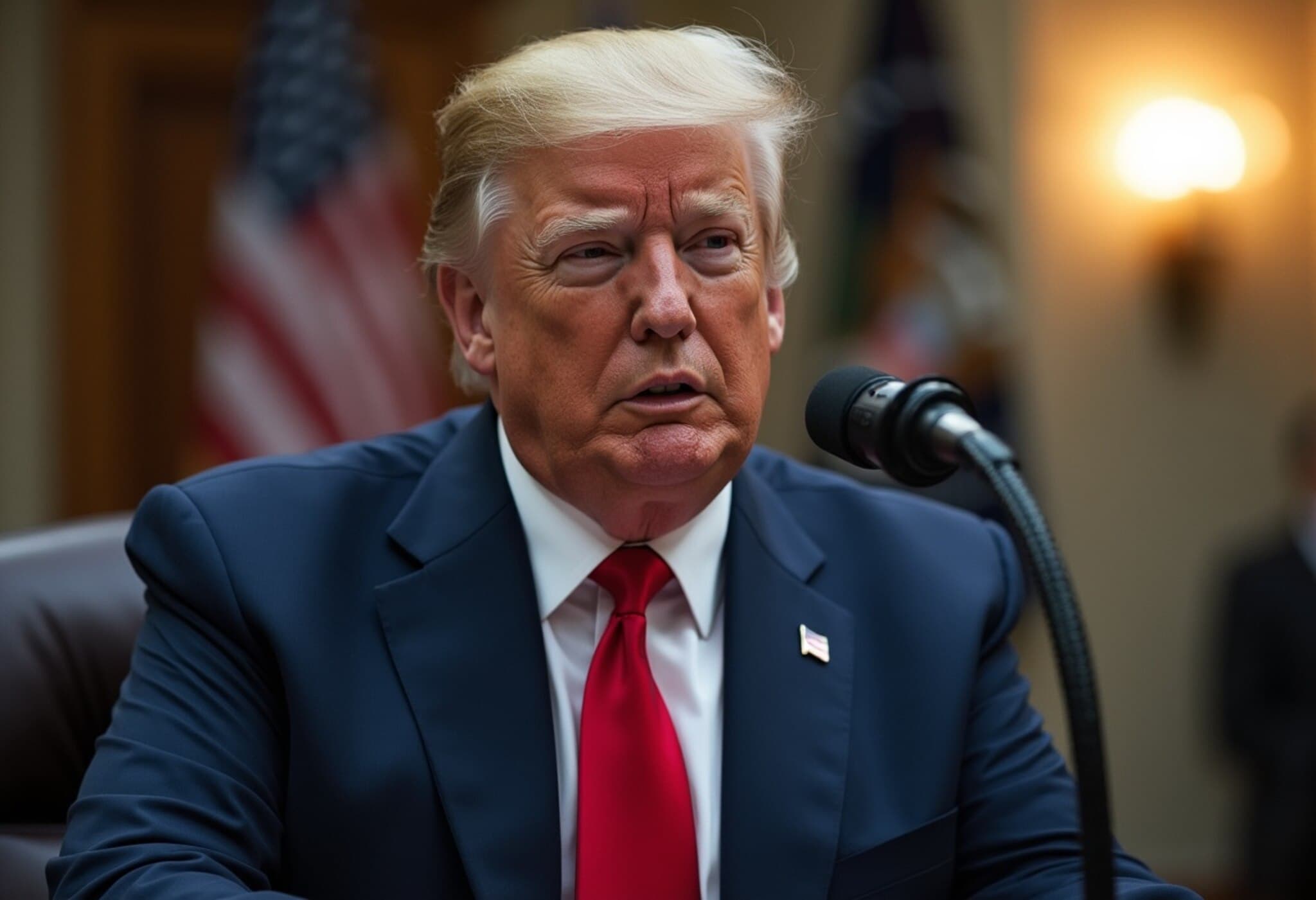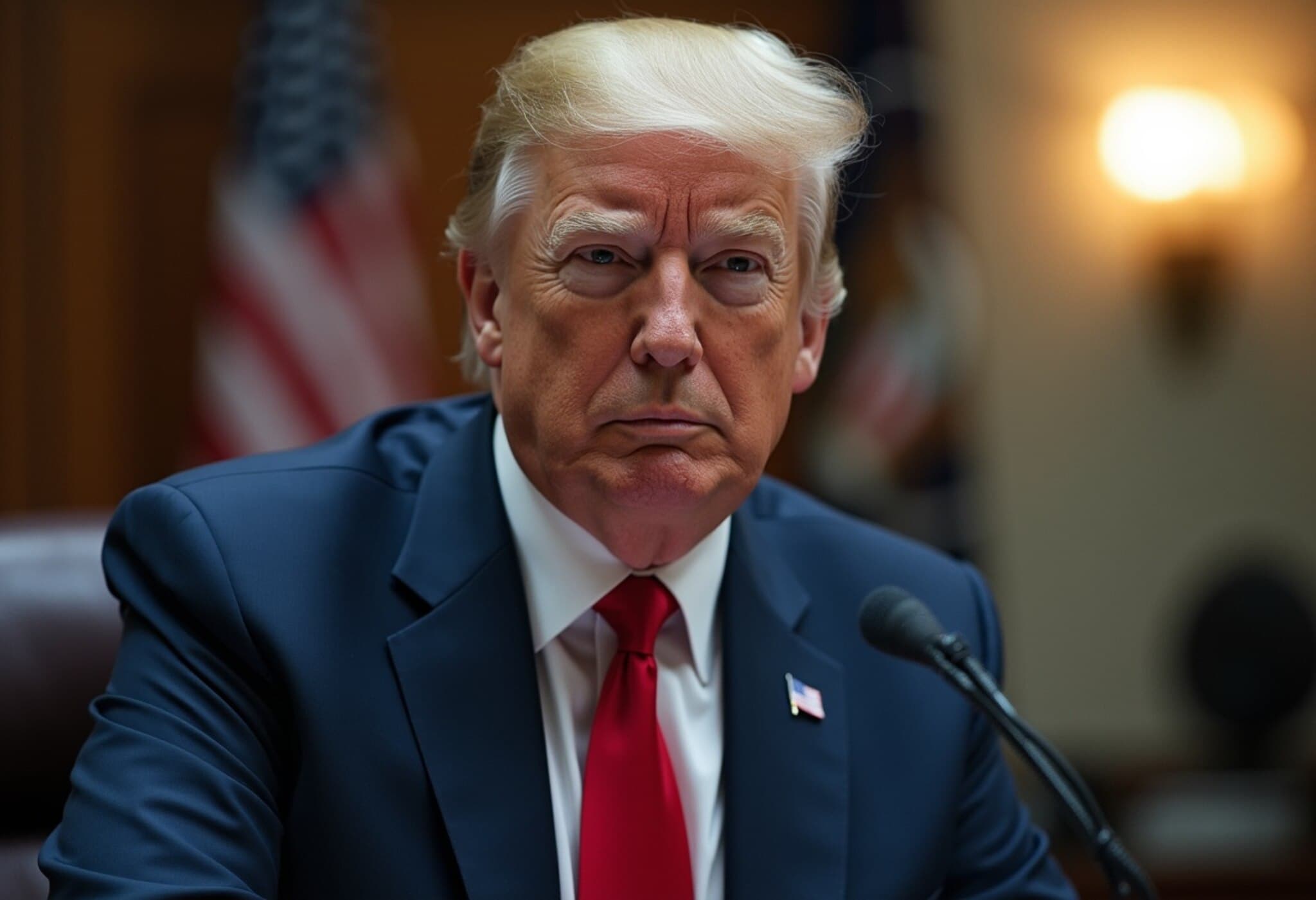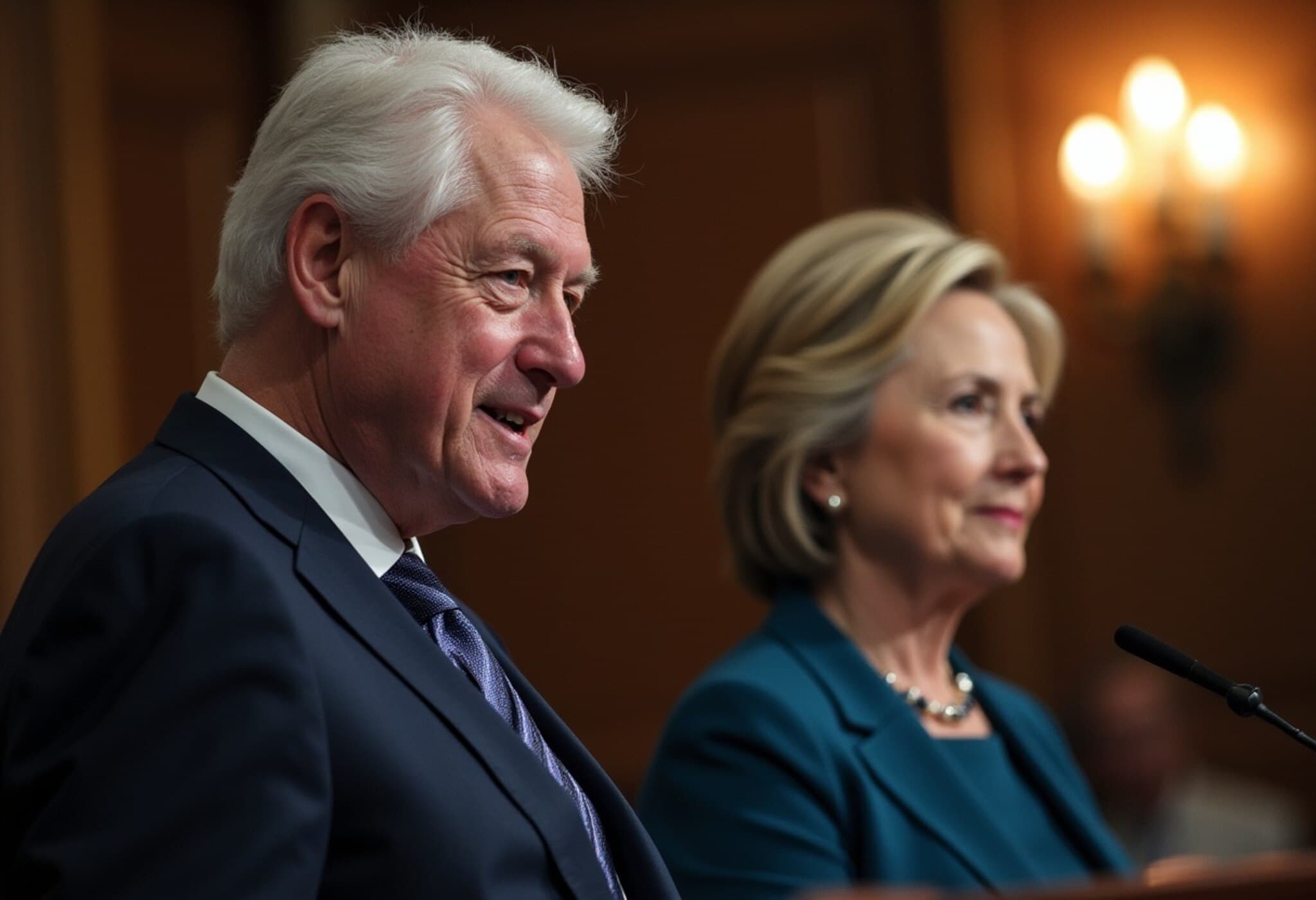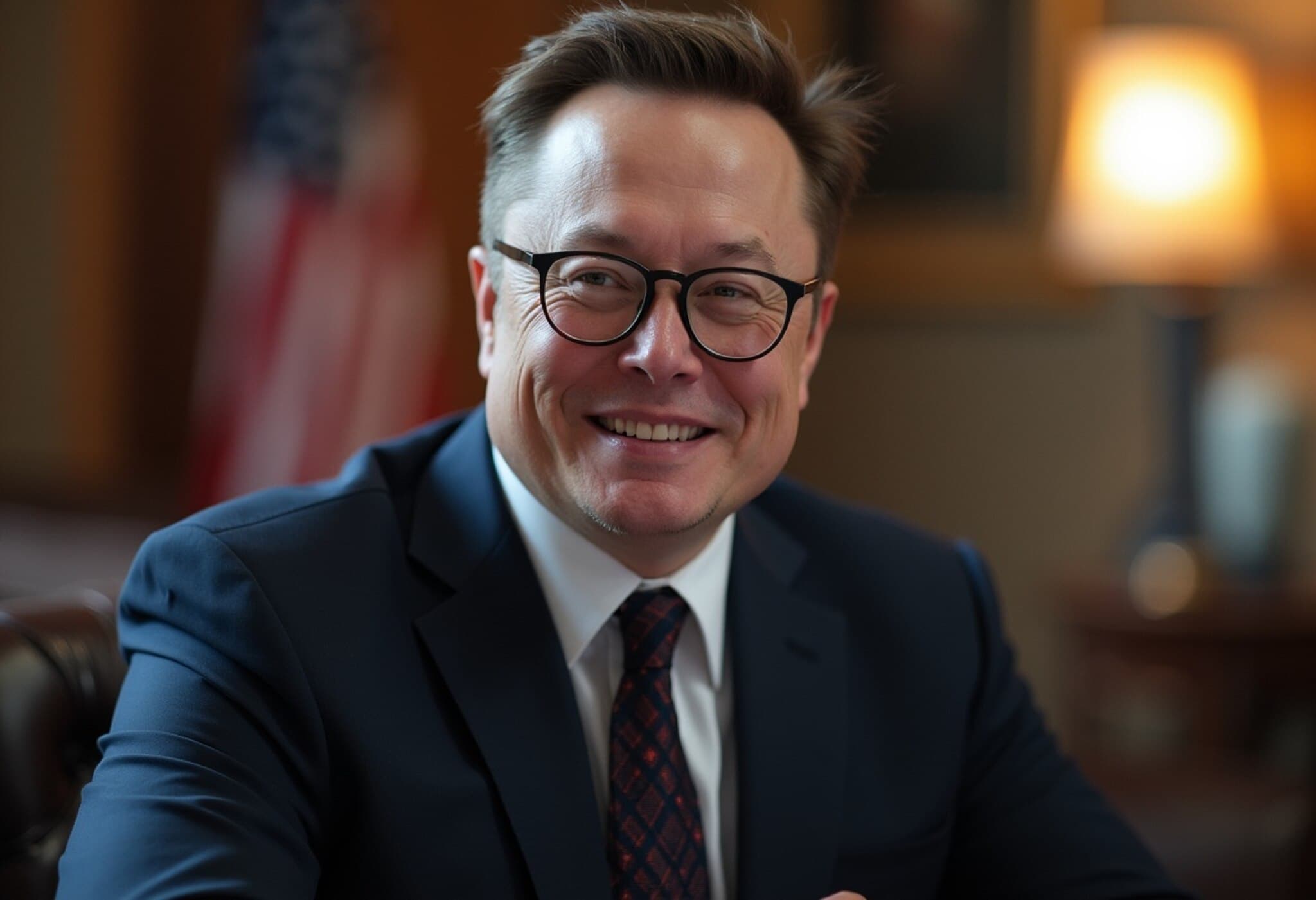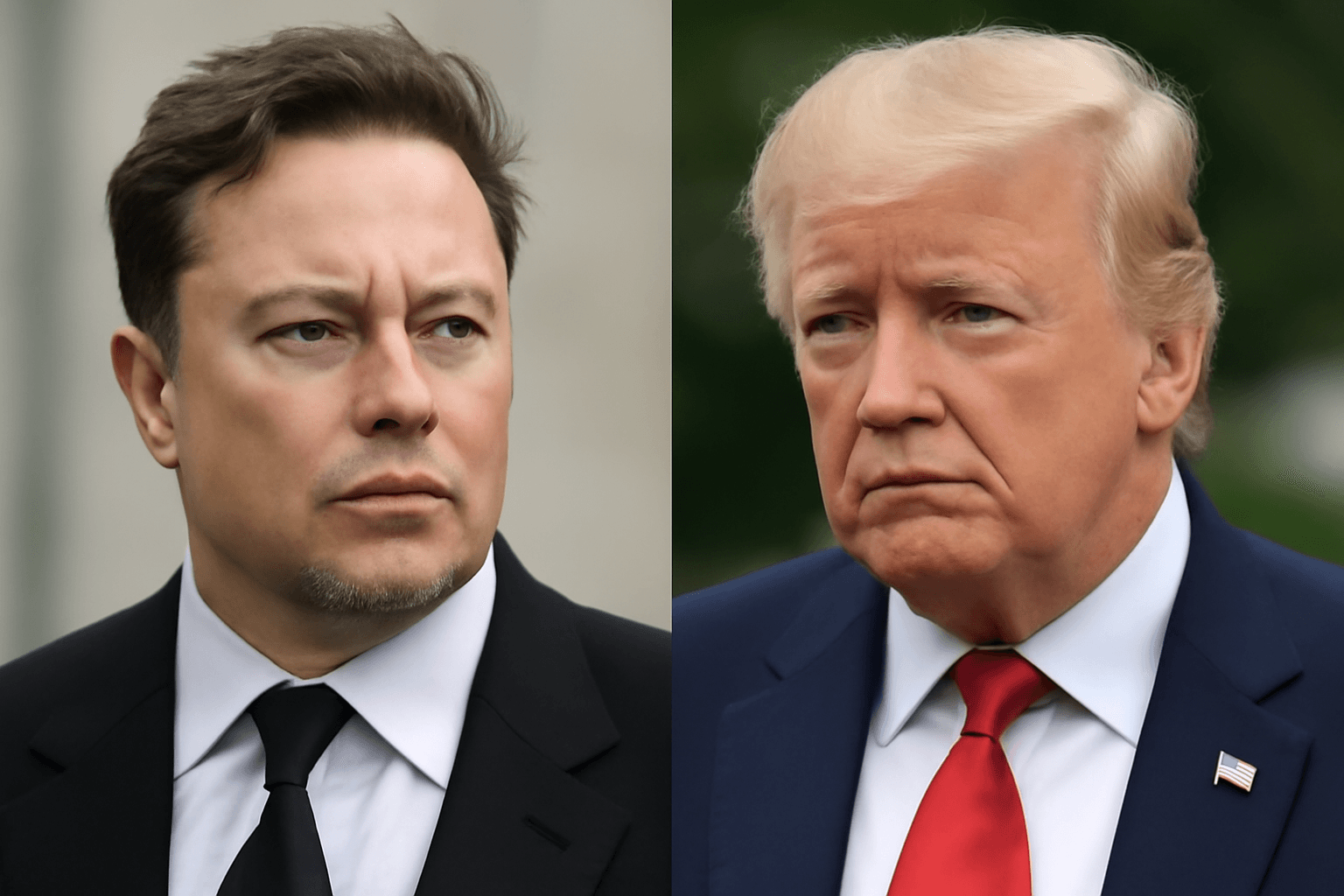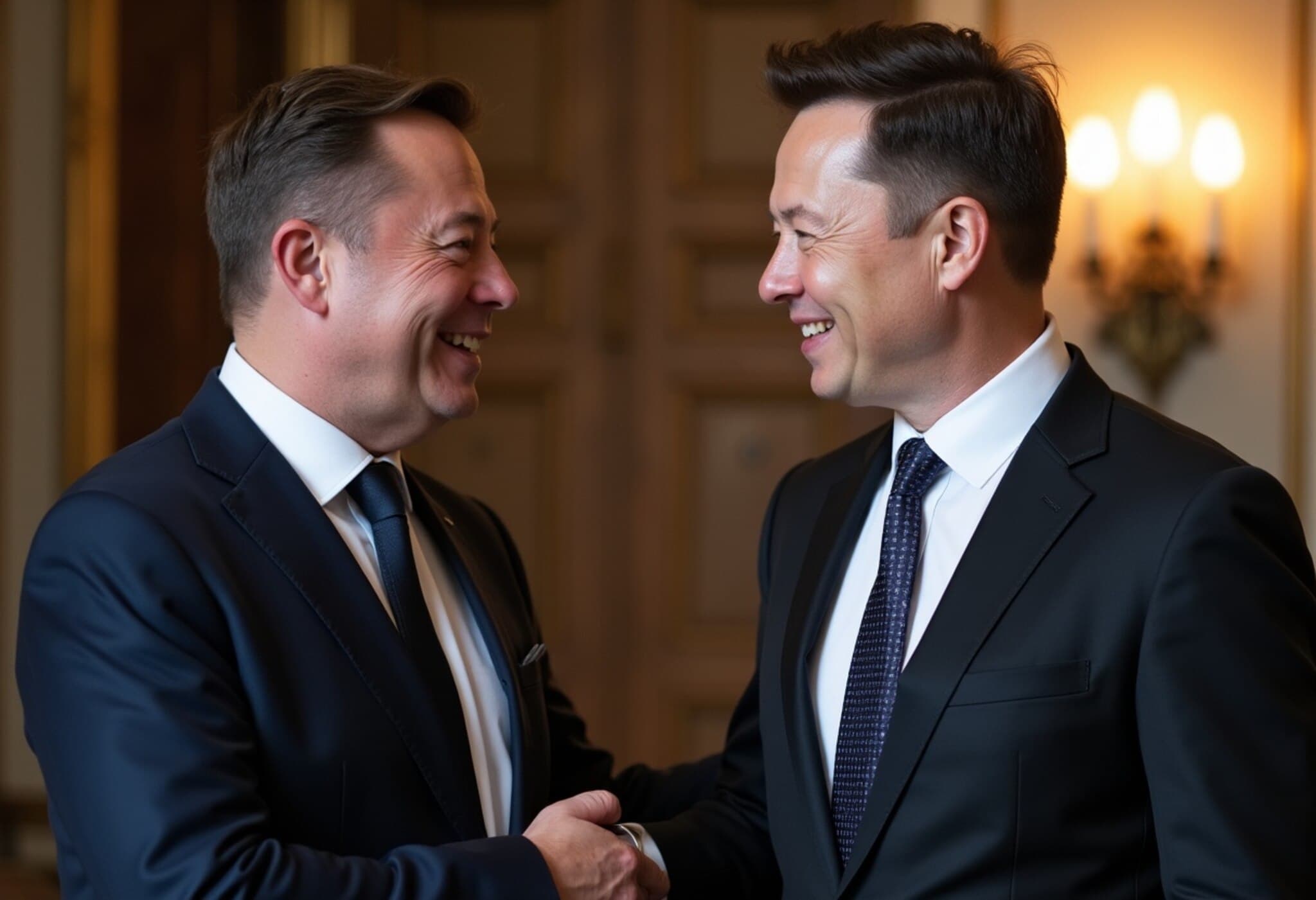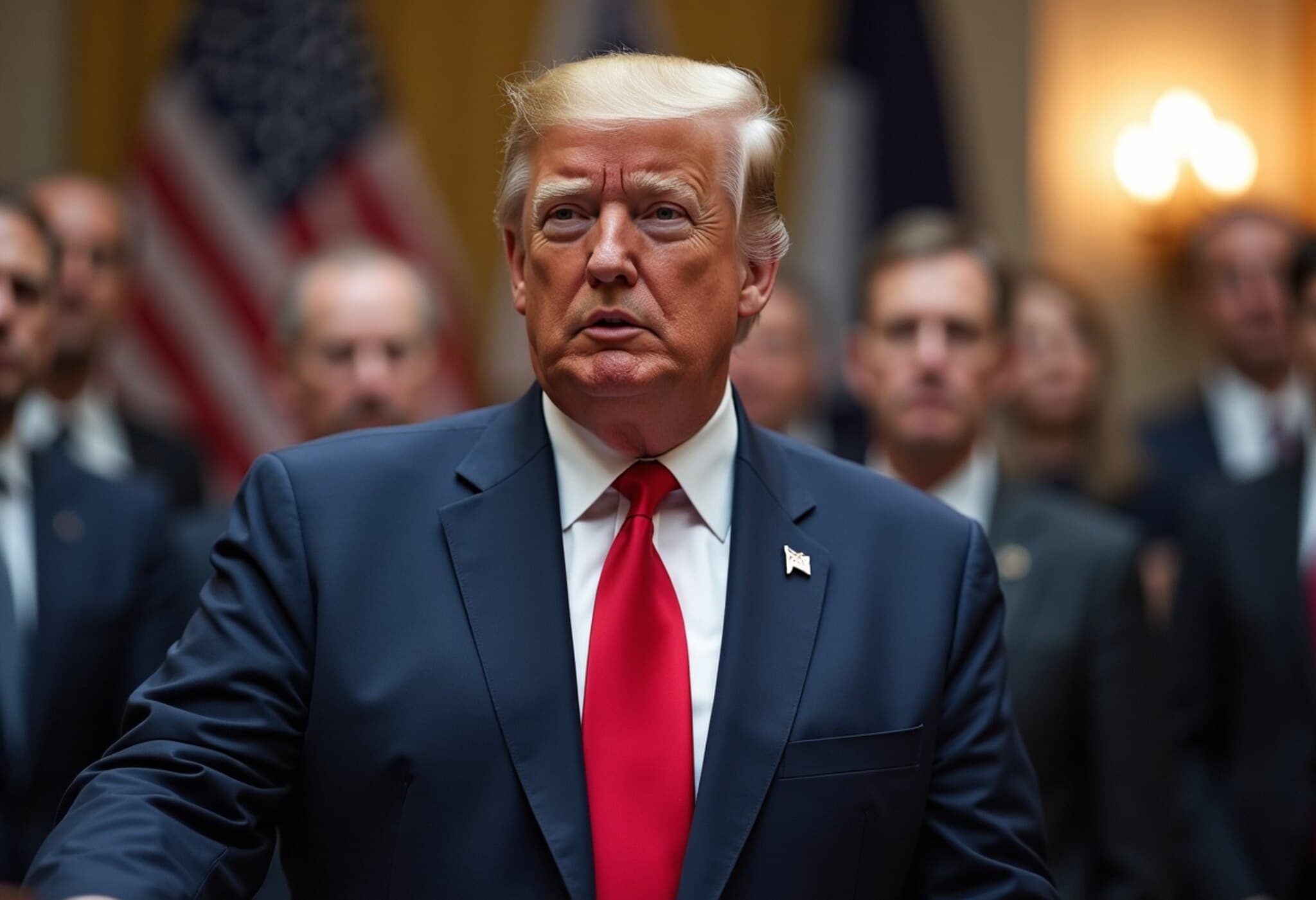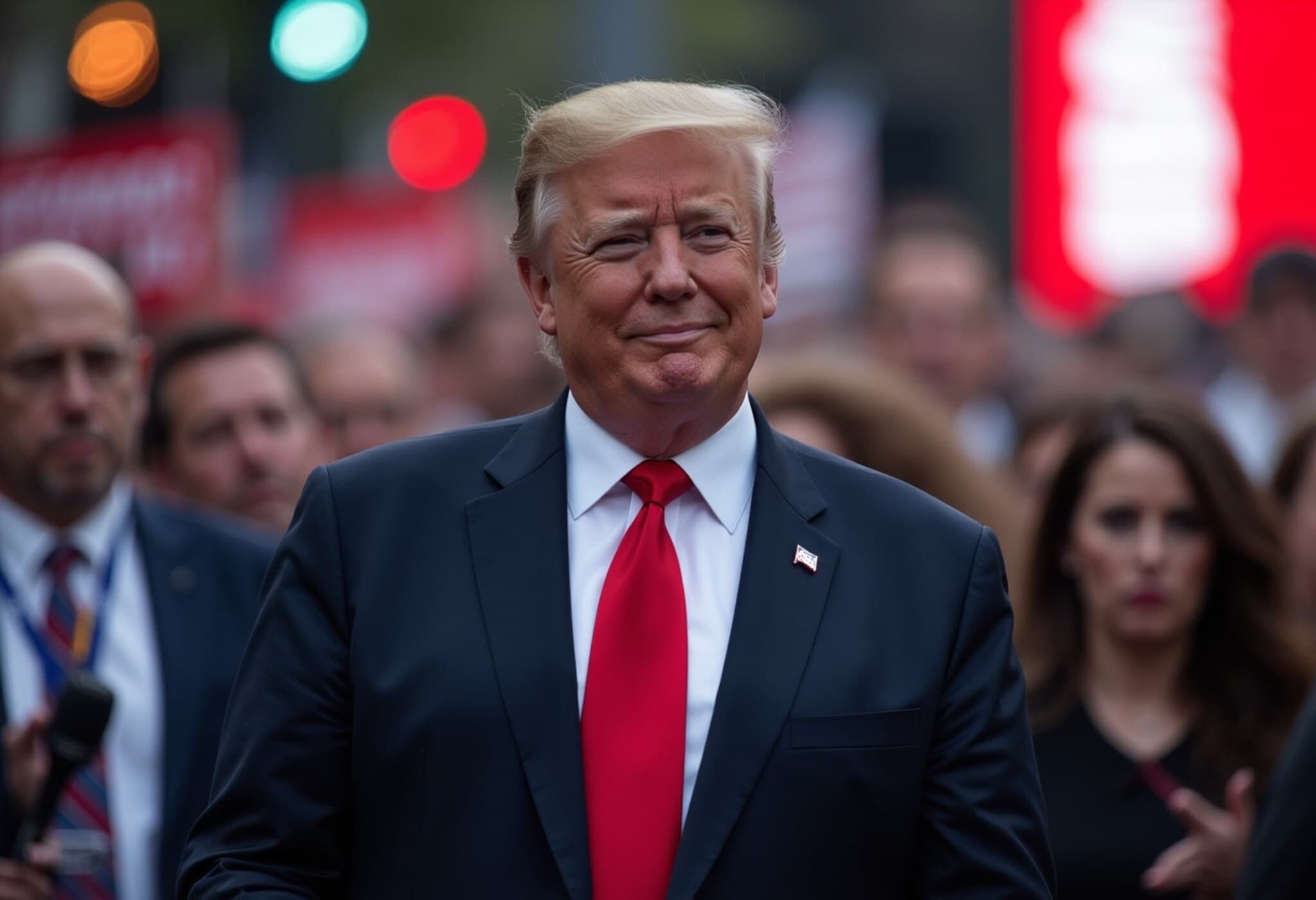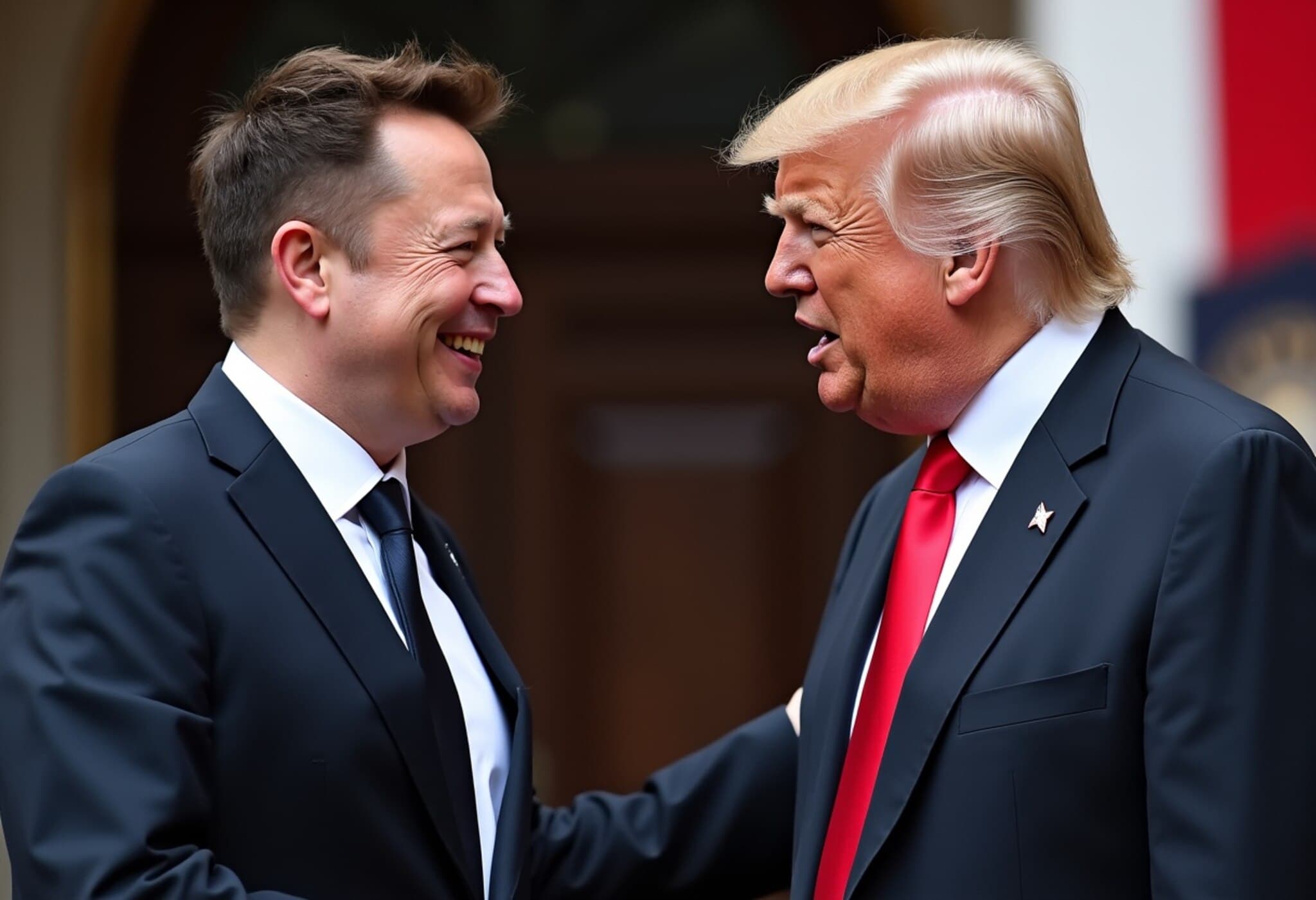Elon Musk Pushes for Transparency on Epstein Case, Targets Donald Trump
In a recent social media flurry, Elon Musk reignited the debate surrounding the infamous Jeffrey Epstein case, casting renewed suspicion on former President Donald Trump’s connection to the matter. Using X, the platform formerly known as Twitter that Musk owns, he questioned the status and transparency of critical evidence in the Epstein investigation, stirring widespread public interest as well as political speculation.
“Where is Phase 2?” — Musk Questions the Epstein Files
Reviving Debate Over Missing Evidence and Ghislaine Maxwell’s Imprisonment
Musk didn’t stop at documents; he drew attention to the mysterious disappearance of evidence, responding to posts questioning the whereabouts of incriminating materials against Epstein. Highlighting the controversial aspect, Musk remarked on Epstein’s widely disputed death by suicide and noted what he termed the “hoax” nature of Ghislaine Maxwell's incarceration—Epstein’s former associate, now serving prison time. These comments subtly challenge official narratives and suggest ongoing efforts to suppress critical facts.
The Suppression of Epstein’s Client List — Power and Politics
One of the most tantalizing aspects of Musk’s statements was his emphasis on the so-called suppressed list of Epstein’s clients, a roster rumored to include numerous influential figures. Musk echoed previous remarks from Florida Attorney General Pam Bondi, who claimed to have held such a list, though the Trump administration later denied its existence.
From Ally to Critic: Elon Musk’s evolving Relationship with Donald Trump
Just months after a public rift with Trump, Musk’s renewed focus on Epstein appears to carry a political undertone. Earlier, Musk accused Trump of deliberately suppressing information about Epstein’s activities—charges the White House categorically denied, leading to Musk’s temporary deletion of the post. This ongoing back-and-forth fuels speculation about Musk’s potential political ambitions and his role as a disruptor beyond the tech and space sectors.
Expert Insight: Implications for American Politics and Transparency
Elon Musk’s sharpening criticism spotlights broader issues regarding transparency in high-profile criminal investigations involving political elites. From a legal standpoint, the Epstein case remains a touchstone for debates about justice system impartiality and the influence of power networks in suppressing inconvenient truths. The renewed spotlight could pressure lawmakers and federal agencies to revisit evidence handling protocols and push for greater public disclosure.
Moreover, Musk’s vocal positioning may signal a new wave of political activism from private-sector moguls leveraging media influence to shape discourse—and potentially challenge traditional party structures in the United States. This development echoes a growing trend where billionaires play outsized roles in American political life, raising complex questions about democratic engagement and accountability.
Underreported Angles to Consider
- The role of technology platforms like X in amplifying or distorting sensitive political issues.
- How Musk’s involvement affects public perception of both the Epstein case and Trump’s political legacy.
- The broader cultural impact of unresolved high-profile criminal cases on trust in government and law enforcement.
Conclusion: A Story Far From Over
Elon Musk’s recent comments have effectively rekindled a controversy many hoped was relegated to the past. By demanding answers about the Epstein files and casting implicit doubt on former President Trump, Musk has inserted himself into a longstanding saga that blends crime, power, and secrecy. As this story evolves, it challenges the American public and institutions alike to confront uncomfortable realities about justice, influence, and accountability.
This renewed focus on the Epstein investigation underscores the essential need for transparency in democratic societies. Whether viewed as a political move or a quest for truth, Elon Musk’s actions remind us that unresolved questions about power and privilege continue to shape public trust in America. As new details potentially emerge, it is crucial to engage critically and seek clarity beyond the headlines.

